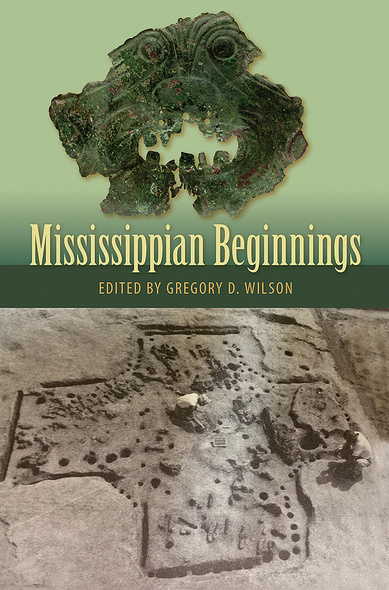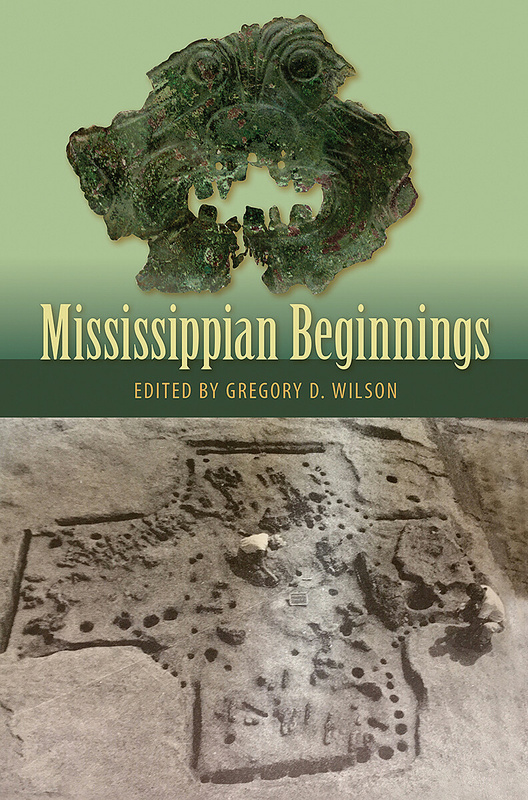
Using fresh evidence and nontraditional ideas, the contributing authors of Mississippian Beginnings reconsider the origins of the Mississippian culture of the North American Midwest and Southeast (A.D. 1000–1600). Challenging the decades-old opinion that this culture evolved similarly across isolated Woodland popu¬lations, they discuss signs of migrations, missionization, pilgrimages, violent conflicts, long-distance exchange, and other far-flung entanglements that now appear to have shaped the early Mississippian past. Presenting recent fieldwork from a wide array of sites including Cahokia and the American Bottom, archival studies, and new investigations of legacy collections, the contributors interpret results through contemporary perspectives that emphasize agency and historical contingency. They track the various ways disparate cultures across a sizeable swath of the continent experienced Mississippianization and came to share simi¬lar architecture, pottery, subsistence strategies, sociopolitical organization, iconography, and religion. Together, these essays provide the most comprehensive examination of early Mississippian culture in over thirty years. A volume in the Florida Museum of Natural History: Ripley P. Bullen Series
A major exposition of the current scholarly understanding of the development of Mississippian societies and cultures. . . . Multifaceted and informative. This work is seminal in the field of Mississippian studies and ideal for well-informed students of the culture. Essential.’—Choice ‘A badly needed update on the latest research and perspectives on how the Mississippian culture emerged and spread. . . . Mississippian Beginnings gives us a new understanding at both the site level and the entire region.’—American Archaeology ‘Required reading for Mississippian scholars and for anybody interested in the archaeologies of culture contact, entanglement, and social transformation. . . . The chapters in Mississippian Beginnings exemplify the multiple kinds of processes behind the many Mississippianizations that book place across the pre-Contact Midwest and Southeastern US.’—Midcontinental Journal of Archaeology
An excellent volume that demonstrates a more explicit, nuanced, and careful approach to interpreting the social lives of these past communities. An indispensable resource.’—Paul D. Welch, author of Archaeology at Shiloh Indian Mounds, 1899–1999 ‘Provides much-needed updated perspectives on the origins of the Mississippian archaeological cultural phenomenon in the Southeast. The contributions to the volume present new information including the results of recent fieldwork and investigations of legacy collections considered within contemporary interpretive frameworks that emphasize agency, social lives, and historical contingency.’—Sissel Schroeder, University of Wisconsin–Madison
Gregory D. Wilson, associate professor of anthropology at the University of California, Santa Barbara, is the author of The Archaeology of Everyday Life at Early Moundville.




